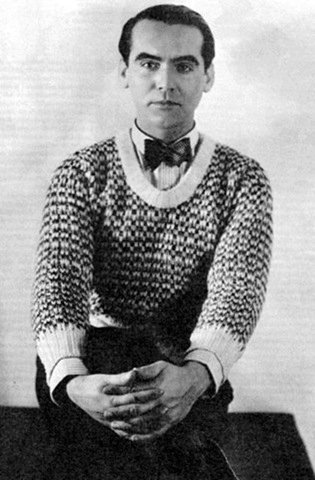Gacela of Unexpected Love
No one understood the perfume
of the dark magnolia of your womb.
No one knew that you martyred
love's hummingbird between your teeth.
A thousand little Persian horses slept
in the plaza with the moon of your forehead,
while I braided four nights
to your waist, enemy of the snow.
Between gypsum and jasmines, your gaze
was a pale branch of seeds.
I searched my heart, to give you,
the ivory letters that say always.
Always, always: garden of my agony,
your body fugitive always,
the blood of your veins in my mouth,
your mouth already without light for my death.

